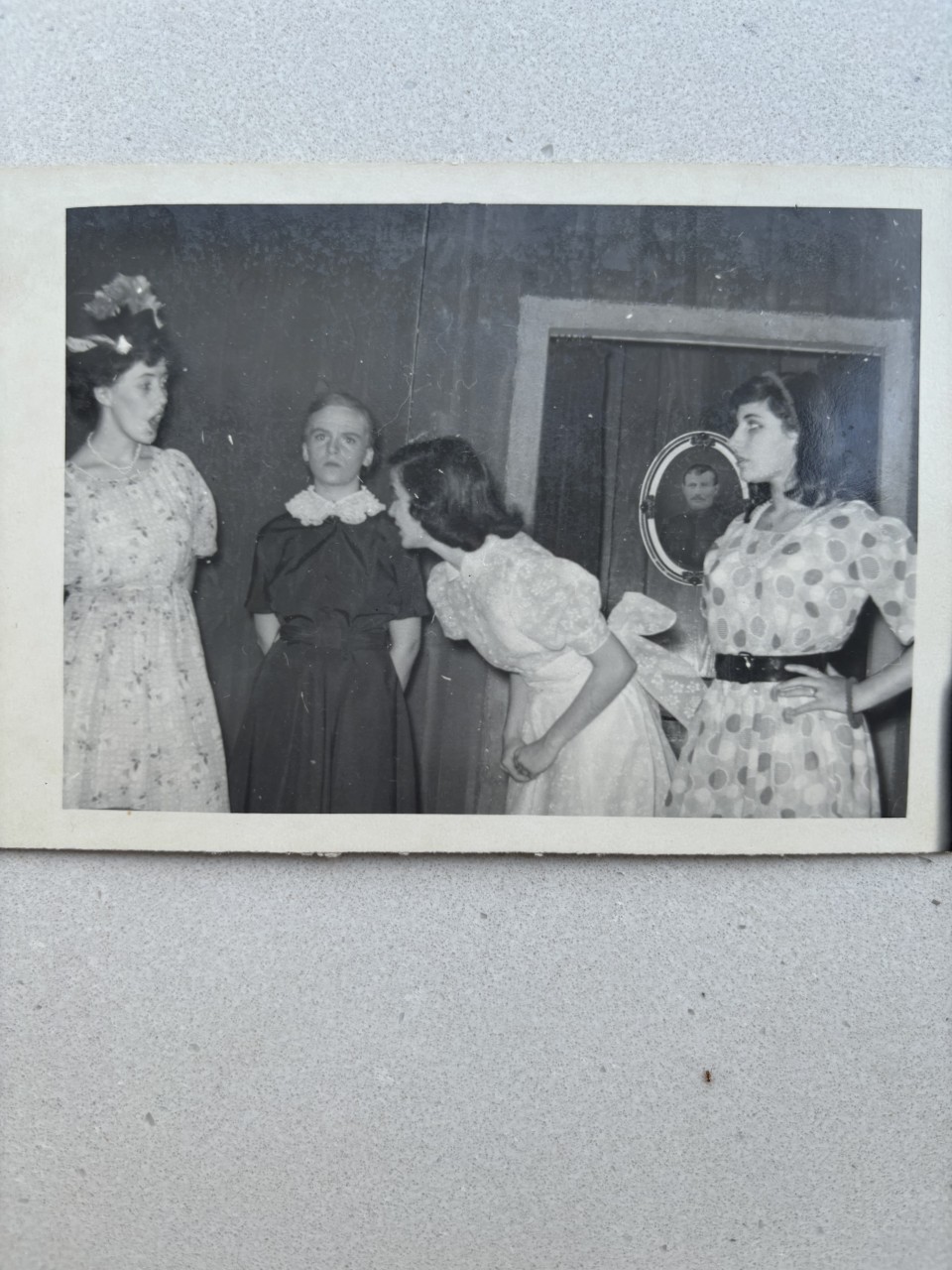Top 10 Common Mistakes to Avoid in Your Memoir
Writing a memoir is a deeply personal and often therapeutic journey. However, it also comes with unique challenges that can hinder your narrative's impact if not addressed. Here are the top 10 common mistakes memoir writers make and tips on how to avoid them:
1. Lack of FocusMemoirs should have a clear theme or central message. Avoid trying to cover every aspect of your life. Instead, focus on specific events or periods that contribute to the overarching theme. This will make your story more compelling and cohesive.
2. Too Much Telling, Not Enough ShowingIt's tempting to narrate your life events straightforwardly, but this can make your memoir feel flat. Use descriptive scenes and dialogue to "show" rather than "tell" your experiences. This brings your readers into your world and makes your story more engaging.
3. Overloading with DetailsWhile details are important, including too many can overwhelm the reader and bog down the narrative. Focus on the most significant moments and details that support your theme and move your story forward.
4. Inconsistent ToneMemoirs often mix different tones, but maintaining consistency is key to keeping readers engaged. Whether your tone is reflective, humorous, or somber, ensure it aligns with your overall narrative and transitions smoothly between scenes.
5. Lack of Emotional DepthReaders connect with memoirs that convey genuine emotions. Don't shy away from exploring and expressing your feelings about the events you describe. This vulnerability makes your story more relatable and powerful.
6. Ignoring the Reader's PerspectiveRemember that your readers don't have the same context as you do. Provide enough background information to help them understand your experiences, but avoid overwhelming them with unnecessary details. Balance personal insights with broader reflections that can resonate with a wider audience.
7. Unresolved Story ArcsEven though life doesn't always have neat endings, your memoir should have a sense of resolution. Tie up loose ends and show how the experiences you've shared have shaped you. This gives readers a satisfying conclusion and a clear understanding of your journey.
8. Chronological OverloadSticking strictly to a chronological order can sometimes make your story feel rigid and less engaging. Consider using thematic or emotional structures to organize your memoir, allowing for more creative storytelling and deeper insights.
9. Overly Idealized or Critical Self-PortrayalStriking a balance in self-portrayal is crucial. Avoid presenting yourself as a flawless hero or a constant victim. Show your strengths and weaknesses honestly. This authenticity helps readers connect with you on a deeper level.
10. Neglecting the Revision ProcessThe first draft of your memoir is just the beginning. Revising allows you to refine your narrative, enhance your prose, and eliminate unnecessary details. Consider seeking feedback from trusted readers or a professional editor to gain fresh perspectives and improve your manuscript.
Writing a memoir is an opportunity to share your unique story with the world. By avoiding these common mistakes, you can create a memoir that resonates deeply with readers, offering them insight, inspiration, and a connection to your personal journey. Remember, the key to a compelling memoir lies in its honesty, clarity, and emotional resonance.
When you subscribe to the blog, we will send you an e-mail when there are new updates on the site so you wouldn't miss them.


Comments